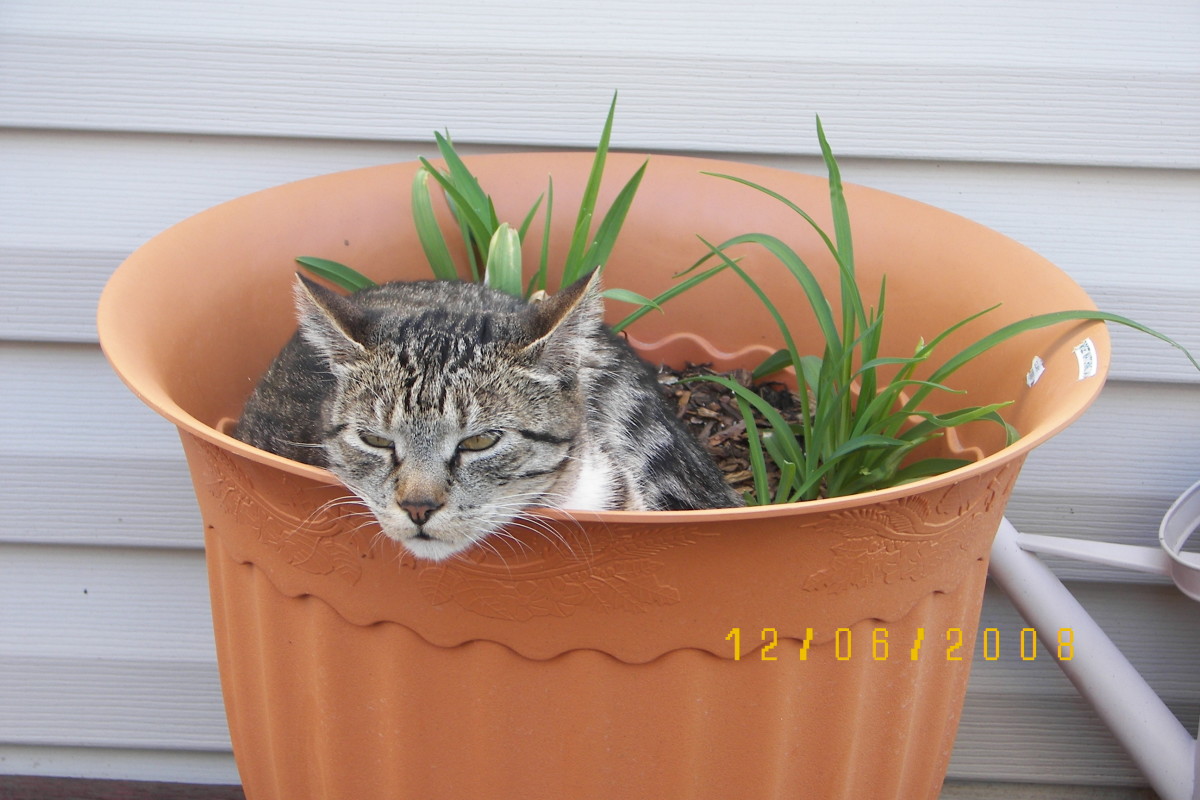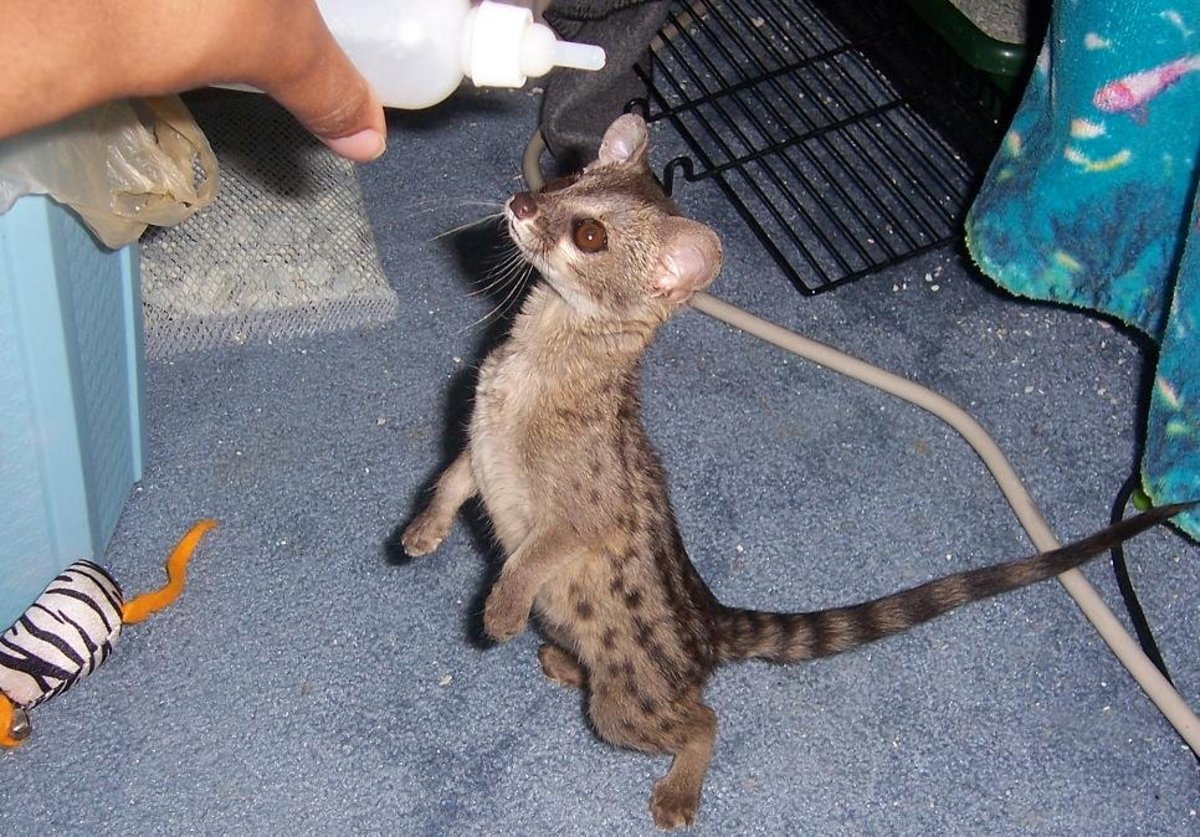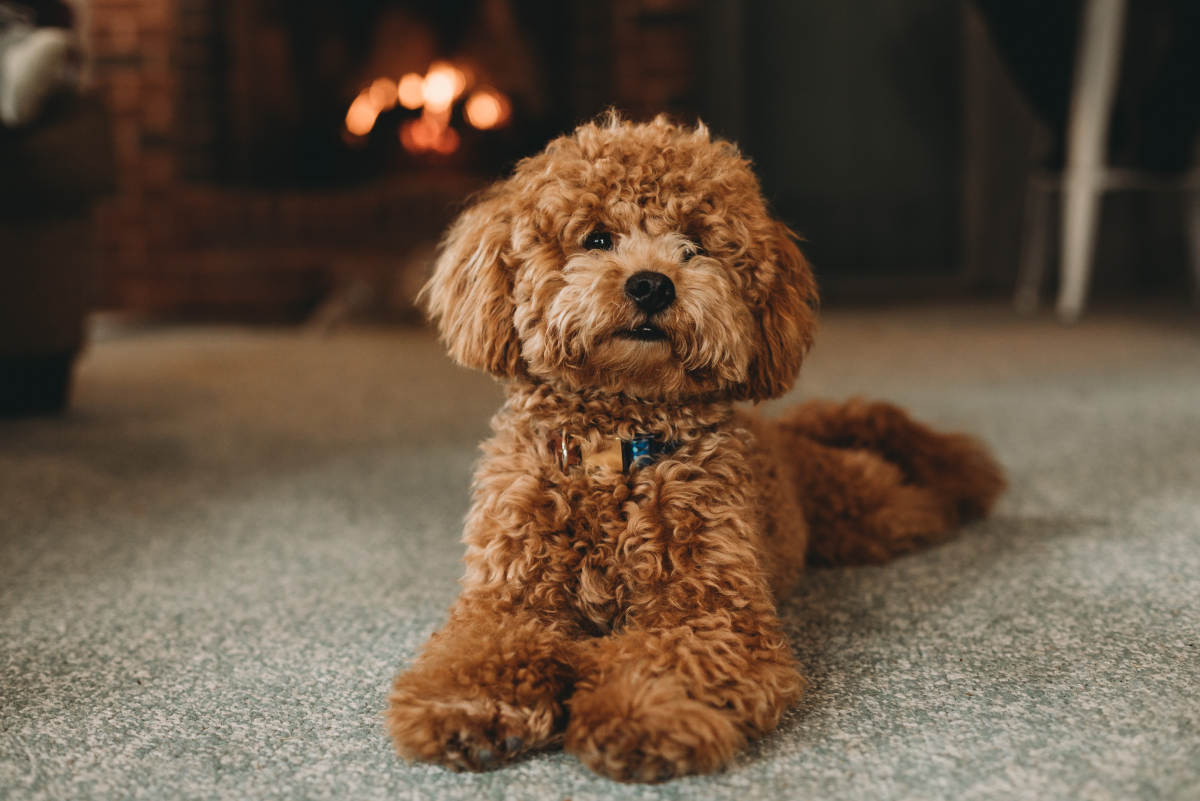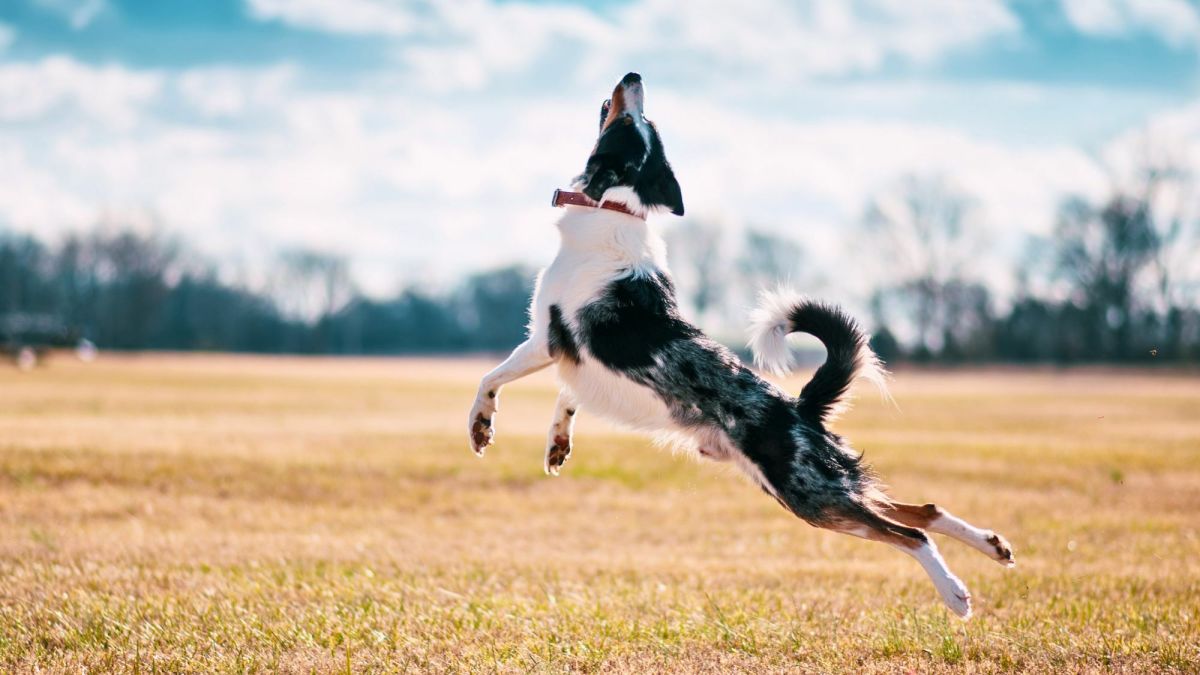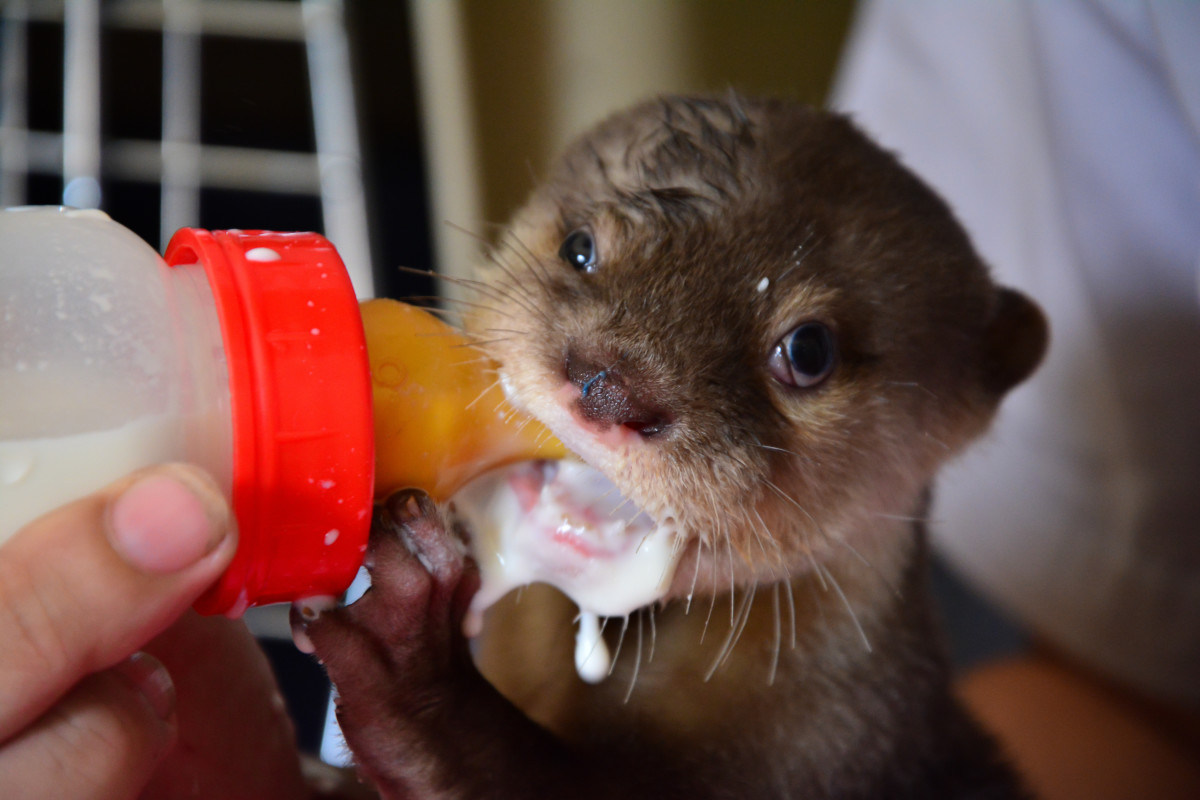Lost a Pet? How to Deal With Your Loss
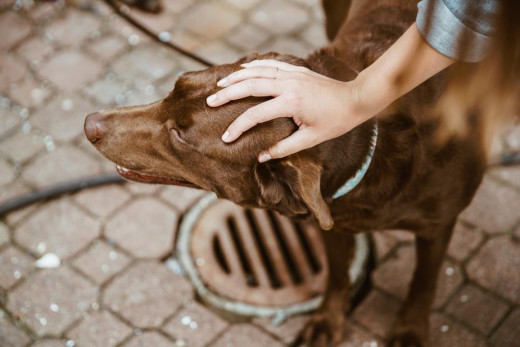
How to Deal With the Loss of a Pet
When someone you love dies, it is natural to feel sadness, sorrow, and pain. It is also natural to expect - and receive - comfort and understanding from family and friends. Unfortunately, it is not the same when a pet dies. Some people cannot understand how important animals can be in a person's life. They may wonder why you are grieving over “just a pet.” However, don't let this sad act prevent you from connecting with others anyways. Just because some people cannot understand your grief, does not mean that you are not worthy of kindness or support. Here are some tips on finding comfort after the loss of a pet.
Pets are Family Members
People who love animals know that pets are more than “just” pets. They are part of the family. People talk to their pets, celebrate their birthdays, and frame pictures of them. It is natural to feel overwhelmed by sorrow when a pet dies.
Animals are special members of the family. They provide loyal companionship, emotional support and unconditional love. If you understand the bond between people and animals, you are one step closer to dealing with pet loss.
The first step to dealing with pet loss is knowing that it is okay to grieve when a pet dies. The grief can be intense and overwhelming. What's more, it can be a delicate situation for your children. Here are five steps to learn how to deal with the loss of a pet:
1. Help Your Children Understand
Death is part of life, so be honest with your children. While it may be tempting to protect their feelings, this can cause more sadness and confusion. Be gentle with your children's feelings, and let them know you are hurting too.
2. Give Your Family Time to Grieve
The death of a pet can be a traumatic time for everyone. There is no reason - or expectation – for you and your family to “move on.” Take as much time as necessary to grieve your loss, and reach out for help if you need it.
3. Create a Pet Memorial
Honoring your pet’s memory can give you and your family a sense of closure. Involve the kids, if possible, and create a memorial to your faithful companion. Have a funeral service and allow everyone to say a few words. Make a scrapbook of pet photos. Or, plant a tree in your pet's favorite spot.
4. Reach Out for Support
Grief is a personal experience, but you do not have to face your loss alone. There are many types of help available: grief counselors, support groups and more. Do not be afraid to reach out to others. A good listener can help you feel better as your work through your emotions.
5. Move Forward After Loss
Recovering from the loss of a pet involves steps that go beyond the initial grief. Certain things can help you cope as time goes by. Self care is one example. Take care of yourself through diet, exercise and meditation. You will be happier and healthier for it.
What About Other Pets?
As you and your family deal with the loss of a pet, do not forget about your other pets. Whether they had a close bond with the deceased pet or not, they are grieving too. It is important to give them a lot of love and attention right now.
According to the Humane Society, rushing to get another pet is not a good idea; it is not fair to you or the new pet. Each animal has a unique personality, and a new pet cannot replace the one you lost.
There is no timeline for getting over the death of a pet, so give yourself plenty of time to grieve. You will know when it is the right time to bring a new pet home to the family.
Losing a pet can be as heartbreaking as losing a human loved one. Animal companionship is special, so it is hard to deal with a pet's death. As with any loss, living without your pet will get easier over time.
For now, take care of yourself. Be there for your family. And, let the grieving process happen as you honor your loving and loyal companion.
This content is accurate and true to the best of the author’s knowledge and is not meant to substitute for formal and individualized advice from a qualified professional.


